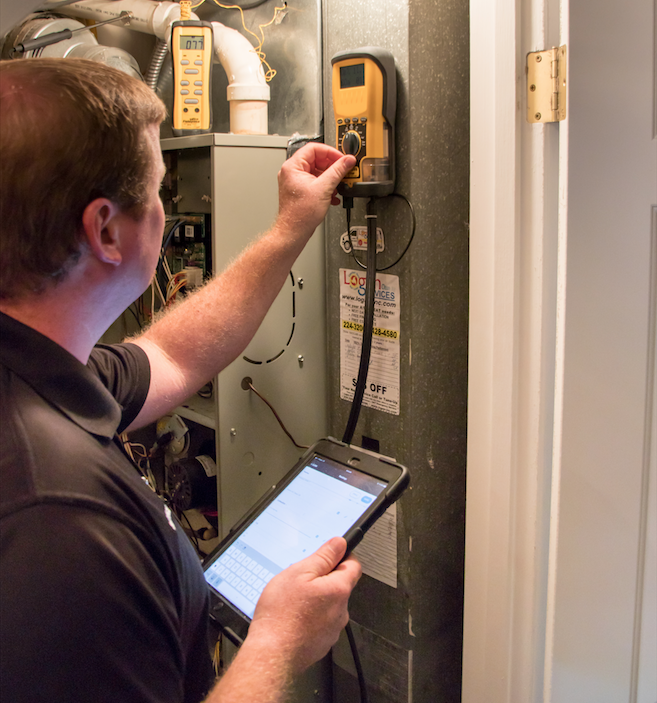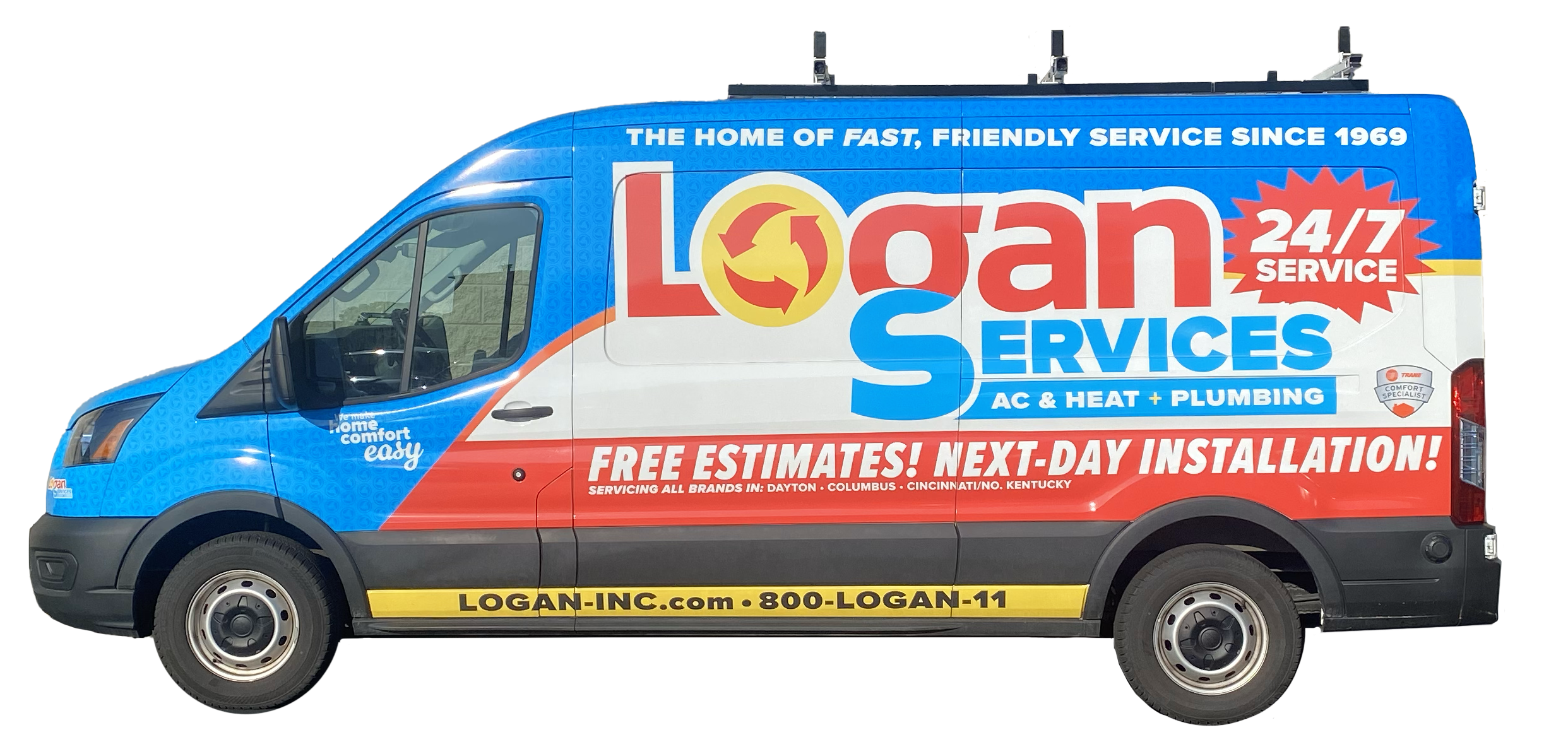Your heating and cooling system is a very important part of your everyday life. The drastic temperature swings we experience seasonally in our region can put a significant amount of stress on your furnace and air conditioner.
For this reason, it’s crucial for homeowners to take care of their HVAC systems, but also to know when it’s time to retire the equipment.
So What Is The Average Lifespan Of A Furnace?
This is a very common question, and there are multiple things to consider. Here are the most influential factors that help determine how long your furnace should last:
1) Brand Of HVAC Equipment
Just like any appliance, electronics, etc., there are many different brands of furnaces to choose from. While they all have the same purpose, not all furnaces are built the same, nor do they share the same quality and reputation.
Simply put, a lesser quality furnace is likely to have a shorter lifespan than a furnace that is manufactured by a well-known, reliable brand. Read about Trane winning America’s Most Trusted HVAC Brand.
2) Quality Of Furnace Installation Company
While the brand of equipment is important, even more significant is the quality, knowledge, and skill of the company you have install the system. A furnace that is not installed properly will experience more issues and wear down more quickly, which will likely result in a shorter lifespan.
The quality and reputation of the company installing your new HVAC system is one of the most important decisions you will make when replacing your furnace!
3) Routine Heating System Maintenance
You’ve heard it before: regular maintenance on your furnace can help maximize it’s lifespan. Just like getting an oil change on your car, a furnace tune-up plays an important role in keeping your system running smoothly and maintaining efficient operation.
A seasonal heating check can also help identify potential furnace issues before it causes damage to your system or results in an untimely breakdown.
If you’ve kept up on maintenance and have a reliable brand of equipment that was installed by a quality HVAC company, it’s common to expect 12-15 or more good years out of your system. Regardless, you should remember that it’s natural for normal wear-and-tear caused by everyday usage to decrease the efficiency of your system over time.
While your system may still be ‘getting the job done’ at 15+ years, the older it gets, the more likely it is that the cost to operate the system will exceed the cost of replacement.

Ready to look at furnace replacement options? Let our team help!







